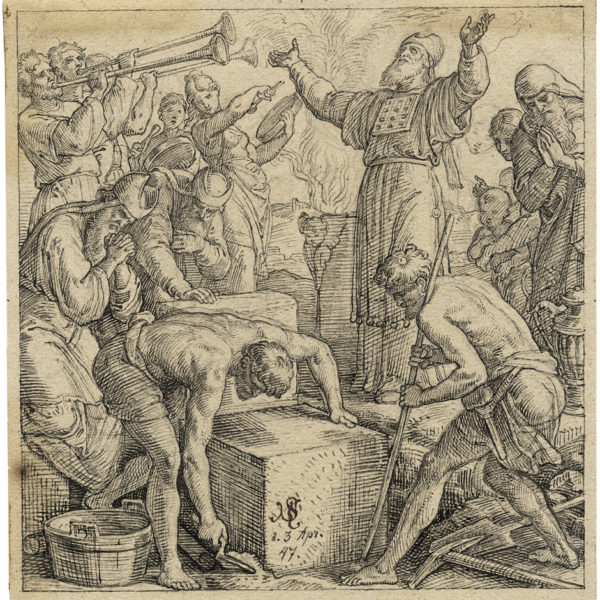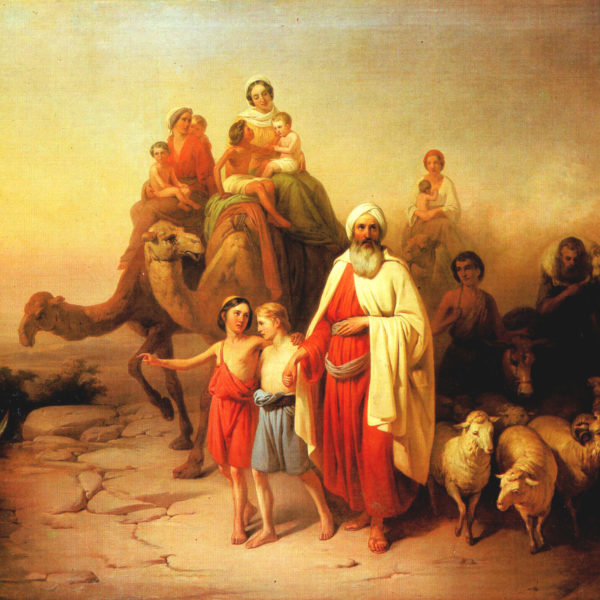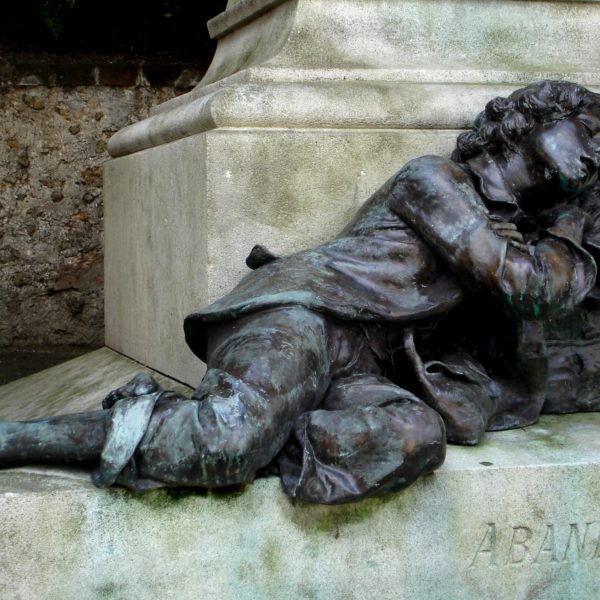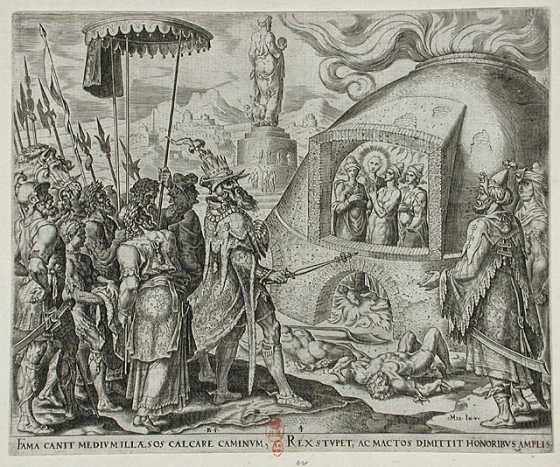[This article is part of the series, The Politics of Scripture. While the focus of the series is on weekly preaching texts, we welcome commentary on sacred, classic, and profane…
This post is part of our series on the politics of scripture. While the focus is on weekly preaching passages, we also welcome commentary on sacred, classic, and profane literature…
By The Editors
This article is part of the series, the Politics of Scripture. While the focus of the series is on weekly preaching texts, we welcome commentary on sacred, classic, and profane…
…in the Church of God in Christ. This post is part of the series, the Politics of Scripture. While the focus of the series is on weekly preaching texts, we…
By The Editors






